Partisanship is undermining America’s long standing relationships abroad, writes Ryan Hass. Washington and Taipei consistently have maintained strong bipartisan support for close U.S.-Taiwan ties. This feature of the relationship must not be taken for granted. This piece originally appeared in the Taipei Times.
As Natasha Kassam and Richard McGregor recently observed in The Australian, “The paradox for Xi Jinping’s China is that despite Beijing’s rising economic and military power, Taiwan in many respects has never been so far out of reach.” There presently is negligible support in Taiwan for unification, and even less for the “one country, two systems” model, particularly following recent events in Hong Kong. The more this trend continues, the more Beijing likely will intensify its efforts to pull Taiwan into its orbit.
Given this reality, Taiwan must ensure it maintains rock-solid relationships with its closest partners, foremost the United States. Washington and Taipei consistently have maintained strong bipartisan support for close U.S.-Taiwan ties. This feature of the relationship must not be taken for granted.
Elsewhere in the world, partisanship is undermining relationships of long standing. In the case of Israel, Prime Minister Netanyahu allowed a perception to emerge that he supported Republican candidate Mitt Romney in his 2012 bid to unseat President Obama. Netanyahu later bypassed the Obama administration to secure an invitation to address a joint session of Congress. These actions resulted in a degradation of Israel’s influence in the Obama White House. Trump vowed to reverse that following his re-election, arguing that he and other Republicans were Israel’s only true friends in the United States. Not surprisingly, a 2018 Pew survey showed a widening partisan split in support for Israel, with 79% of Republicans sympathizing with Israel in its dispute with Palestinians, versus 27% of Democrats. Cumulatively, these and other factors now pose a challenge to the bipartisanship that has been a cornerstone of U.S.-Israel relations since Israel’s founding in 1948.
Similarly, there are fresh questions about whether the special relationship between the United States and Saudi Arabia will endure beyond the Trump administration. Leading Democratic presidential nominees have taken turns bashing Saudi Arabia, with Bernie Sanders calling the kingdom a “brutal dictatorship,” Joe Biden calling it a “pariah” that did not deserve to be able to continue purchasing U.S. weapons, and others calling for a wholesale re-evaluation of the relationship. While much of this ire is the result of recent Saudi actions, including the dismemberment of a U.S.-based journalist at the hands of Saudi intelligence services as well as war atrocities in Yemen, some of it also is owed to the Saudis’ seemingly partisan embrace of Republicans in recent years.
These examples should provide cautionary lessons for Taipei. Like Taiwan, Israel and Saudi Arabia have been longtime friends of the United States. They both have been critical American partners in a key region of the world. They both confront acute threats. And they both now face uncertainty about the future nature of their relationships with their most important security partner.
Taiwan cannot afford to travel down a similar path. That is why officials and opinion leaders in Taipei should be cautious about appearing to embrace arguments that Republicans support Taiwan and Democrats do not. At the same time, American leaders must not show sympathy for arguments emanating from Taipei that the Democratic Progressive Party (DPP) supports strong relations with the United States, but the Kuomintang (KMT) does not. To do otherwise would be to place the future of the U.S.-Taiwan relationship at risk.
During the Trump and Tsai Ing-wen administrations, many important steps have been taken in the spirit of strengthening U.S.-Taiwan relations. In response to intensifying pressure from Beijing, the United States has sent strong signals of reassurance to Taiwan. U.S. officials consistently have described Taiwan as a critical partner in America’s Indo-Pacific strategy. There has been robust support for a joint cooperative agenda on an expanding set of issues. There has been tight diplomatic coordination on matters pertaining to Taiwan’s international space. There have been substantial arms sales to Taiwan. There also has been clear American military signaling in defense of Taiwan.
These actions build upon efforts from previous administrations. For example, President Obama notified Congress of $14 billion in arms sales to Taiwan. He was consistent, direct, proactive, and principled on Taiwan matters in his interactions with Chinese leaders, including by emphasizing that Beijing must respect Taiwan’s democratic system and its 23 million people, whose views will be determinative of Taiwan’s relationship with the mainland. His administration sent the head of the U.S. Agency for International Development (USAID) to Taiwan in 2011, and the Environmental Protection Agency (EPA) administrator in 2014, marking the first Cabinet-level visit to Taiwan since the Clinton administration. The Global Cooperation and Training Framework and the International Environmental Partnership were launched, and Taiwan was admitted into the Visa Waiver Program. There were regular meetings of trade officials to advance economic relations. Both sides also broke new ground in cooperating on global challenges, from the joint response to the Ebola outbreak to Taiwan’s entry into the counter-ISIL coalition, as well as clean energy and public health projects with third countries.
My point is not to argue which U.S. political party is a better friend to Taiwan. Rather, it is to highlight that presidents from both political parties in both capitals have identified it as in their interests to support close U.S.-Taiwan ties. That is how it has been and how it must continue to be, both in Washington and Taipei.
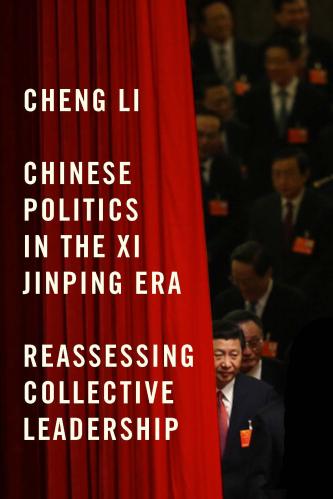
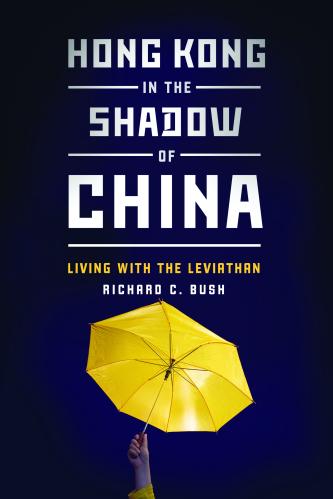
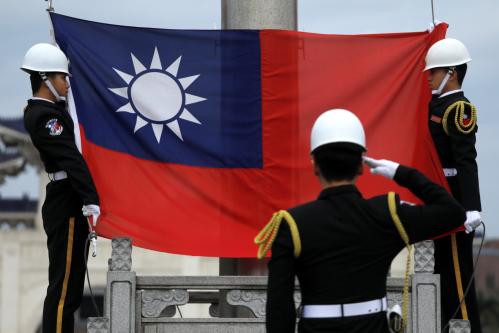
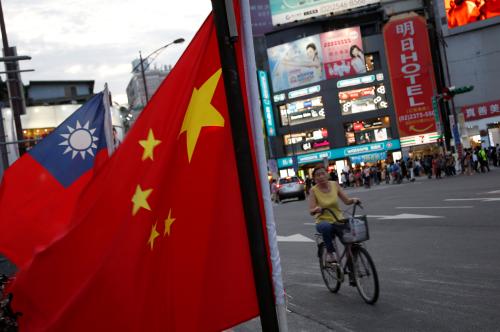
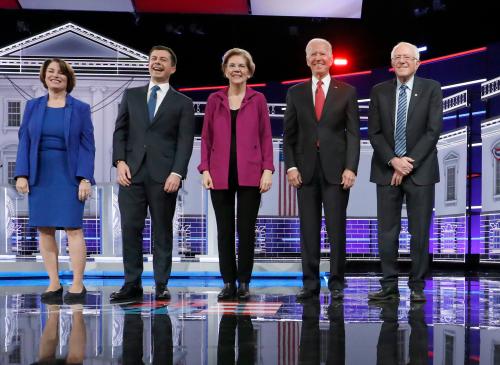


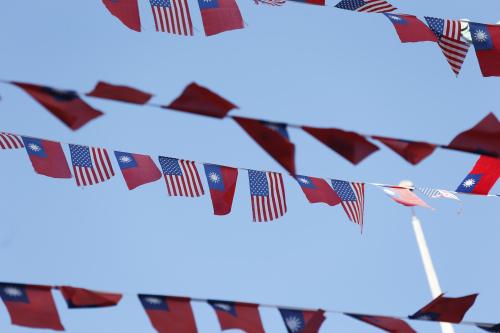

Commentary
Don’t let partisanship poison US-Taiwan relationship
December 16, 2019